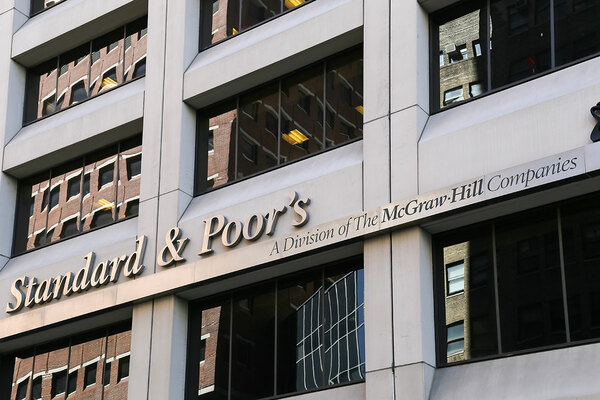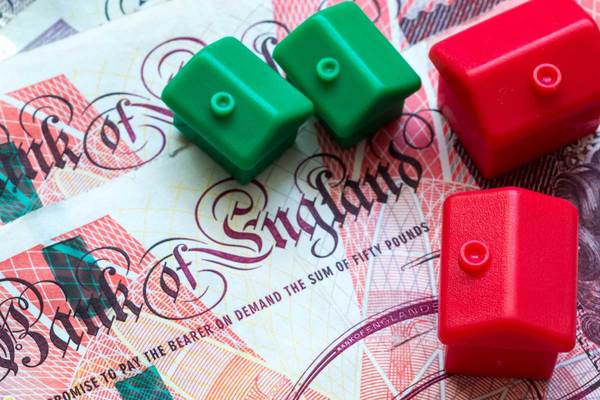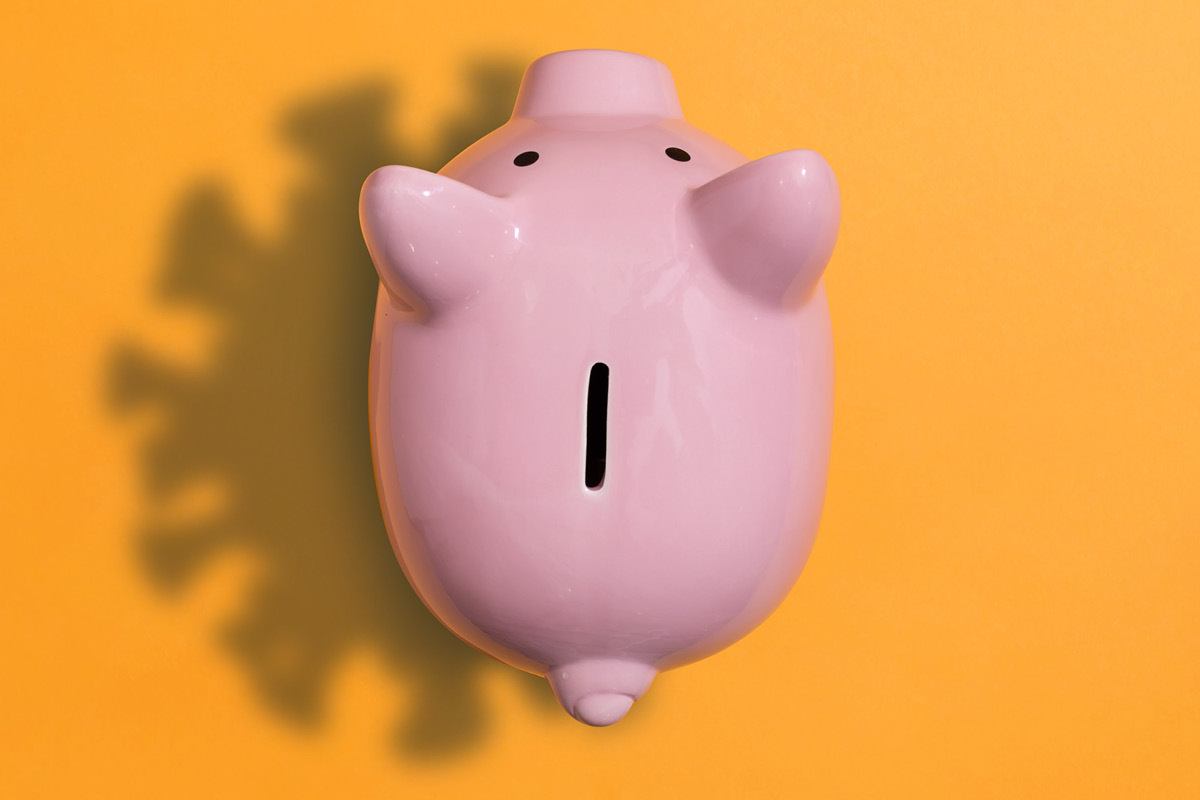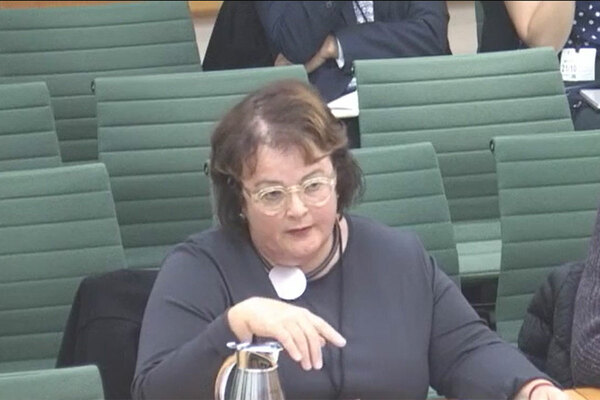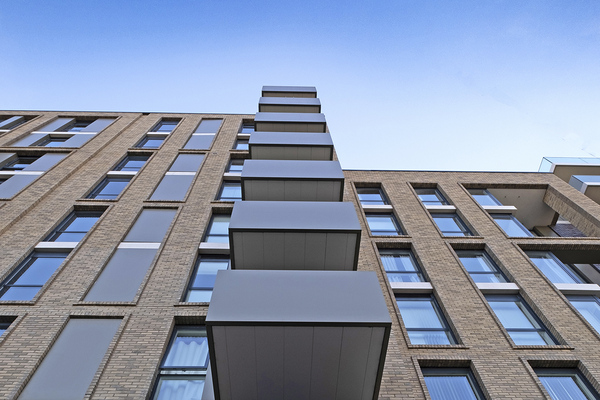You are viewing 1 of your 1 free articles
Cross-subsidy associations to be worst hit by coronavirus, says S&P
The social housing sector is “largely resilient” to short-term economic challenges but those reliant on receipts from sales will suffer more, credit ratings agency Standard & Poor’s (S&P) has said.
In its analysis of the impact of coronavirus on the social housing sector, S&P said: “We believe that the most vulnerable UK social housing providers are those for which a large share of revenue comes from market sales. So, those are more likely to be strained from the market freeze.”
“Many of them subsidize investment programs with receipts from sales of existing assets or homes developed for sale on the open market.
“During the active phase of social distancing measures, though, the housing market is frozen and its rebound could take longer if the economic recovery turns out to be more protracted.”
Questions have previously been raised over whether the cross-subsidy model, which relies on money from sales to fund affordable housebuilding, is fit for purpose.
S&P said that more generally, during economic recession, social housing providers usually benefit from the countercyclical nature of their services and face manageable impact on financial performance.
The agency said that despite spikes in arrears, “we believe that the resulting decline in revenues could be mitigated by government subsidies, paid either directly or via tenants”.
S&P also said that higher costs to provide services to vulnerable customers could be offset by lower maintenance and repair costs, echoing similar forecasts made by ratings agency Moody’s.
Social housing providers “generally maintain” adequate liquidity positions because they built up cash reserves and arranged credit facilities to deal with the impacts of Brexit.
Inside Housing has reported how housing associations are moving to increase liquidity by cutting discretionary spend and pausing new developments.
“Press on the ratings could arise if providers were to face substantially lower revenues, and consequently, margins at their development-for-sale programs, leading to much higher debt burden,” the agency said.
